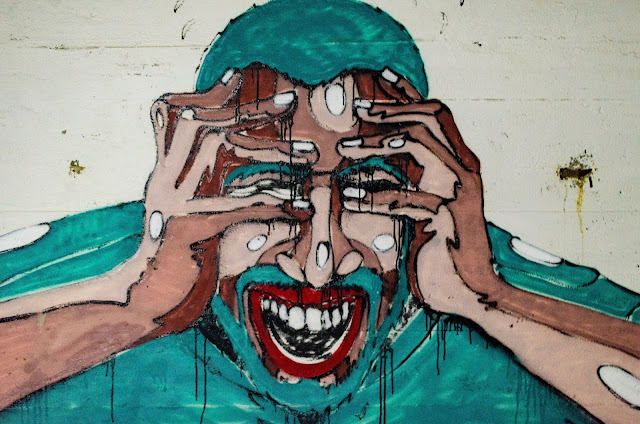The Narrative of Destructive Masculinity
Caution: I am going to touch the third rail - masculinity.
It's time that men talk about the destructive ways we define and pass along masculinity in our culture.
We must change our narrative.
We tell our boys from an early age . . .
"Get up."
"Don't cry."
"Don't let anyone see your weakness."
"Be tough."
"Stop acting like a girl."
"Don't be a wimp."
"Be a man."
This narrative is destructive. As a result of it, our young boys grow up with stunted abilities to identify their feelings and admit their weaknesses. They internalize this vision of manhood, and it produces a toxicity that has the potential to destroy much of everything in its wake. Within this worldview, anything that challenges this perspective of what it means to be a man must be subdued, dominated, or eliminated. Its impact can be seen and felt in businesses, politics, churches, and relationships.
What if instead we helped our children understand the beauty of what it meant to be compassionate to others and to self first?
What if we helped our children grasp the importance of knowing one's strengths and one's weaknesses as a part of getting to know oneself?
What if we helped our children know that the full range of emotions and emotional wellbeing are a powerful part of what it means to be human?
What if we helped our children feel?
What if we helped our children engage others as kin instead of a means to an end or competition to be vanquished?
What if we helped our children to take agency in discovering and defining who they will be?
I know that all of this flies in the face of our rugged individualistic capitalistic complementarian mindset with which so many of us seem to be enamored. We got here through a thousand decisions made and a million conversations we were too afraid to have.
We have to do the work. We must be better. I truly believe this is the way forward. It is the way to be human.
 |
| Photo by Aarón Blanco Tejedor on Unsplash |
Comments
Post a Comment